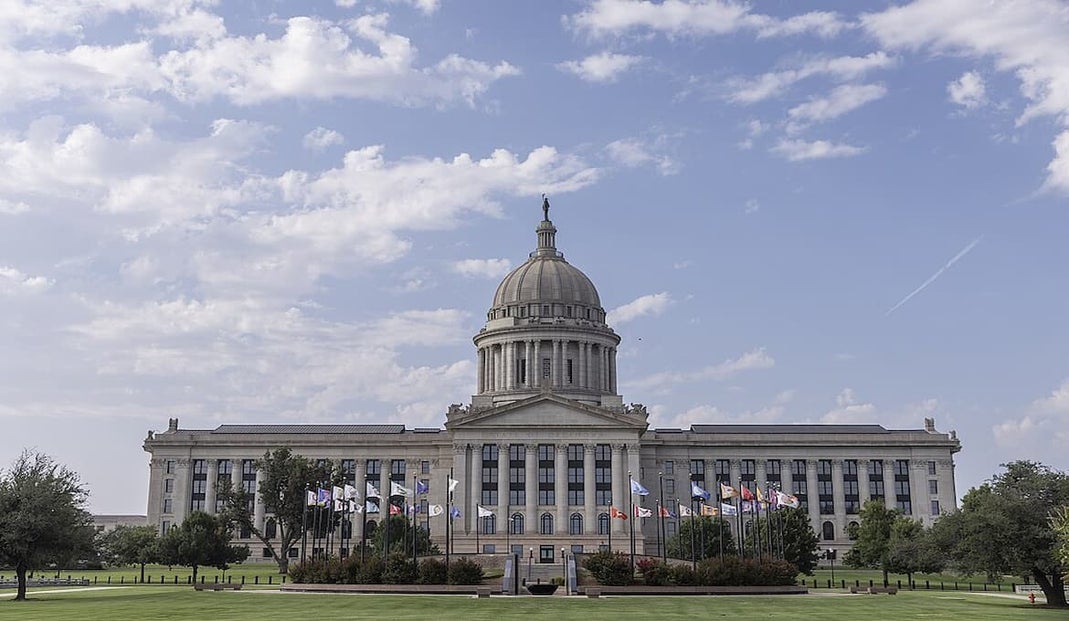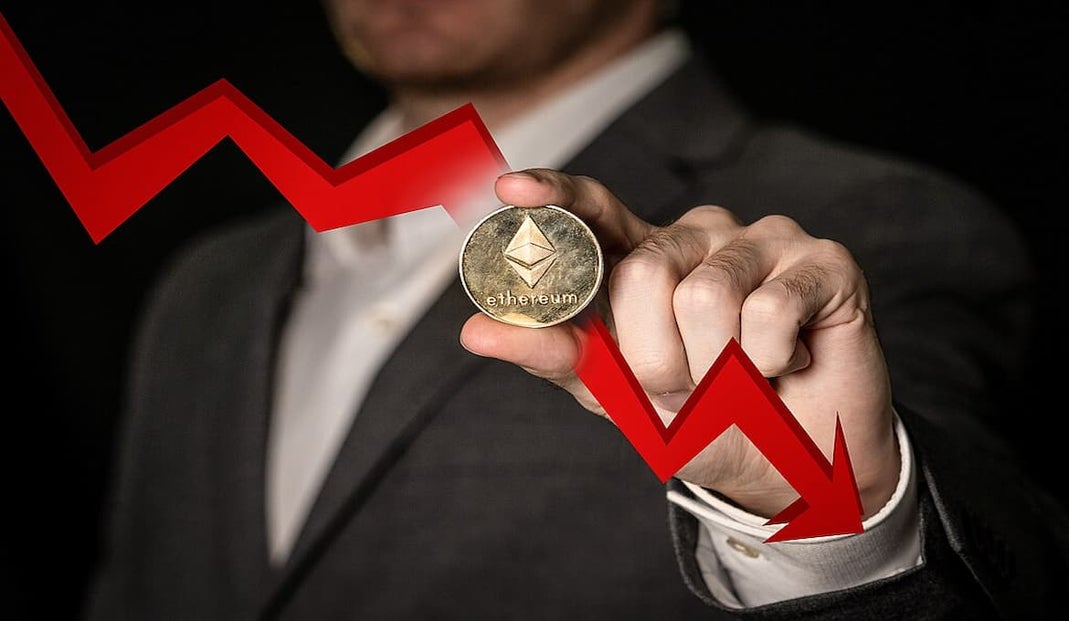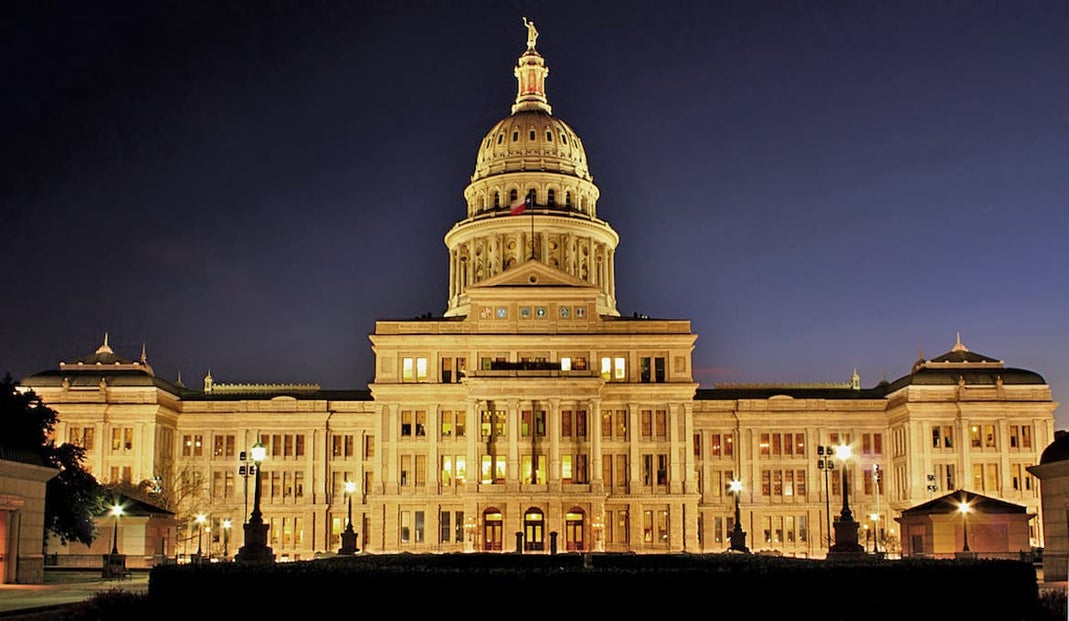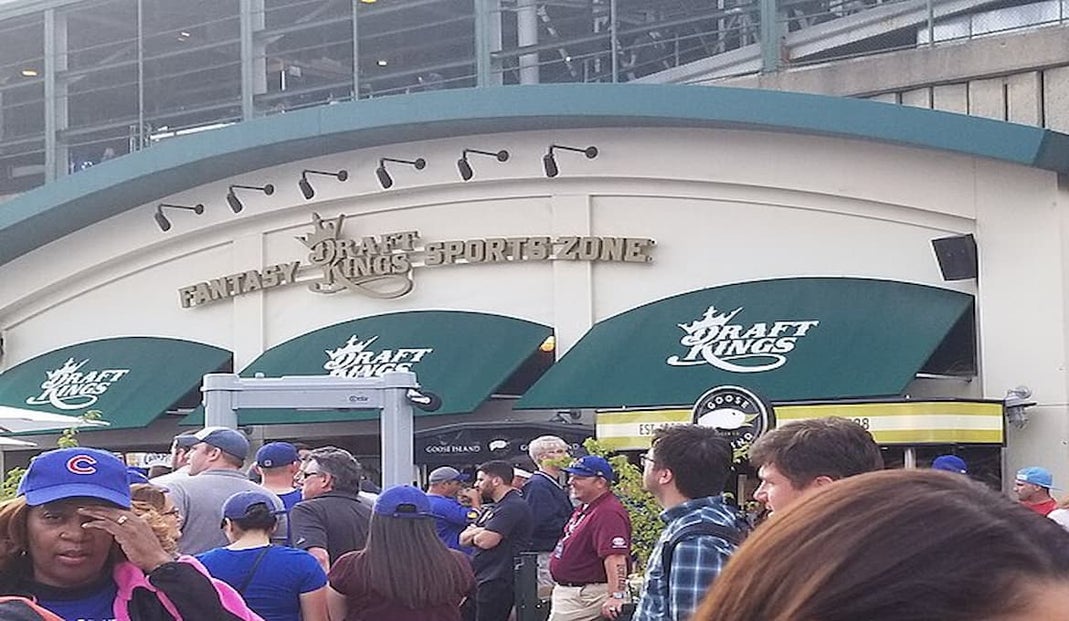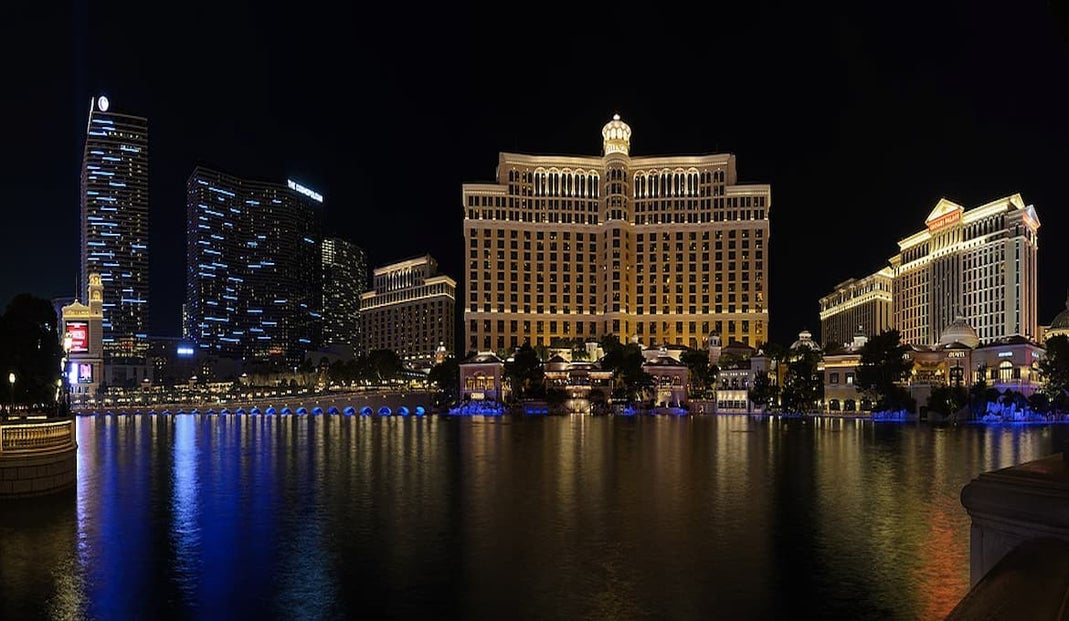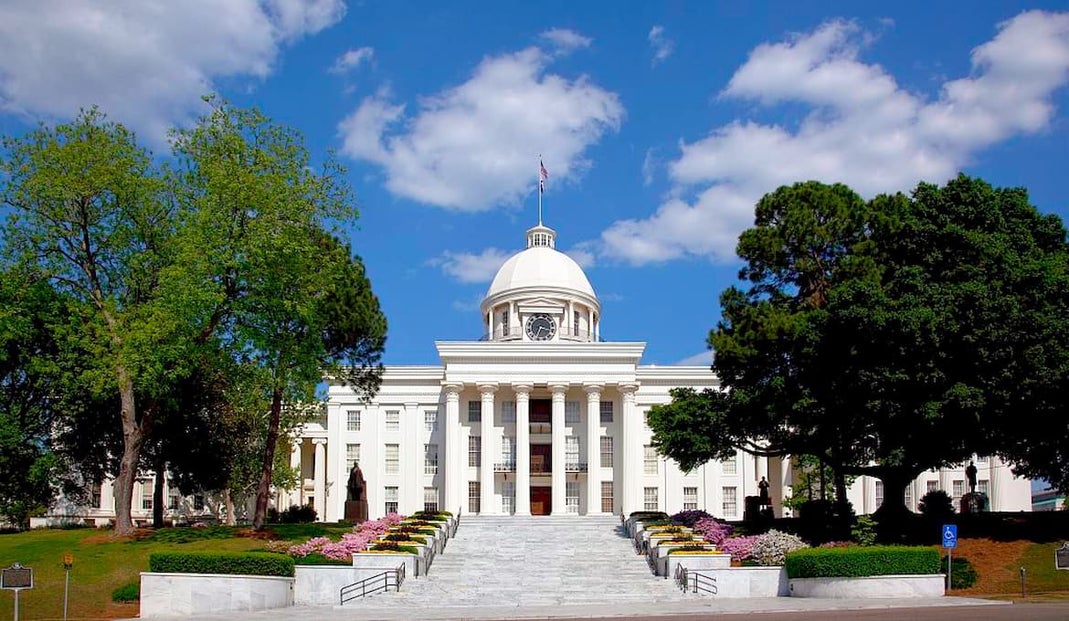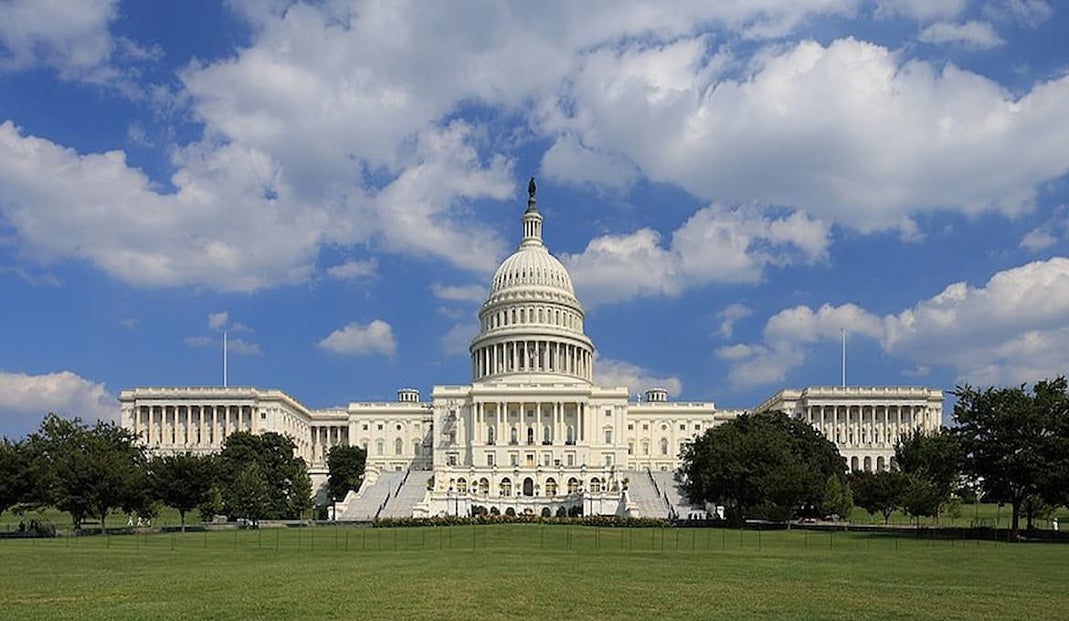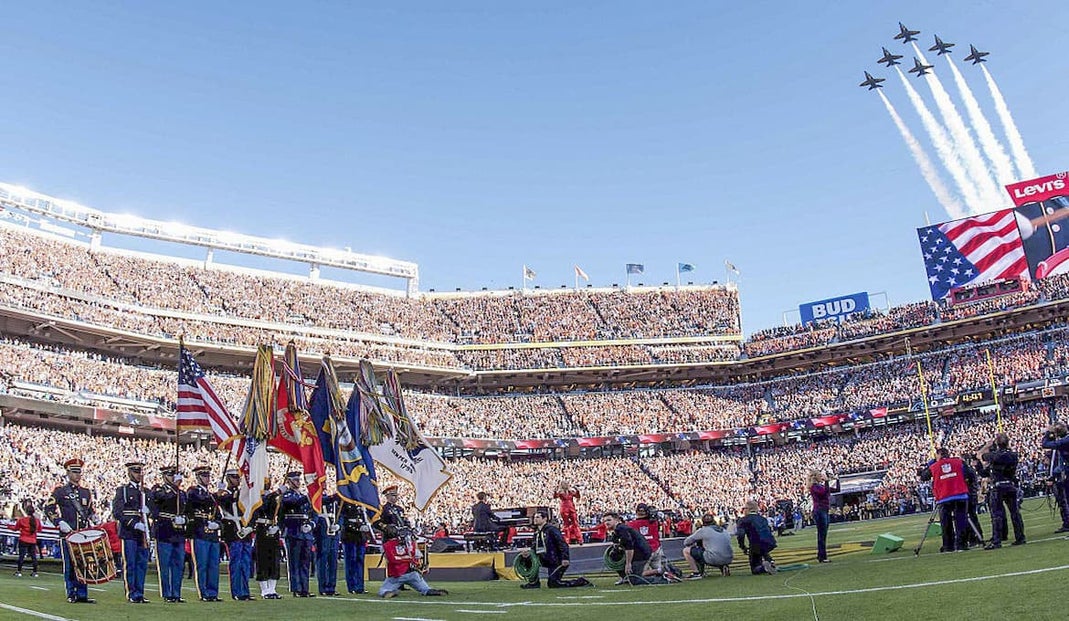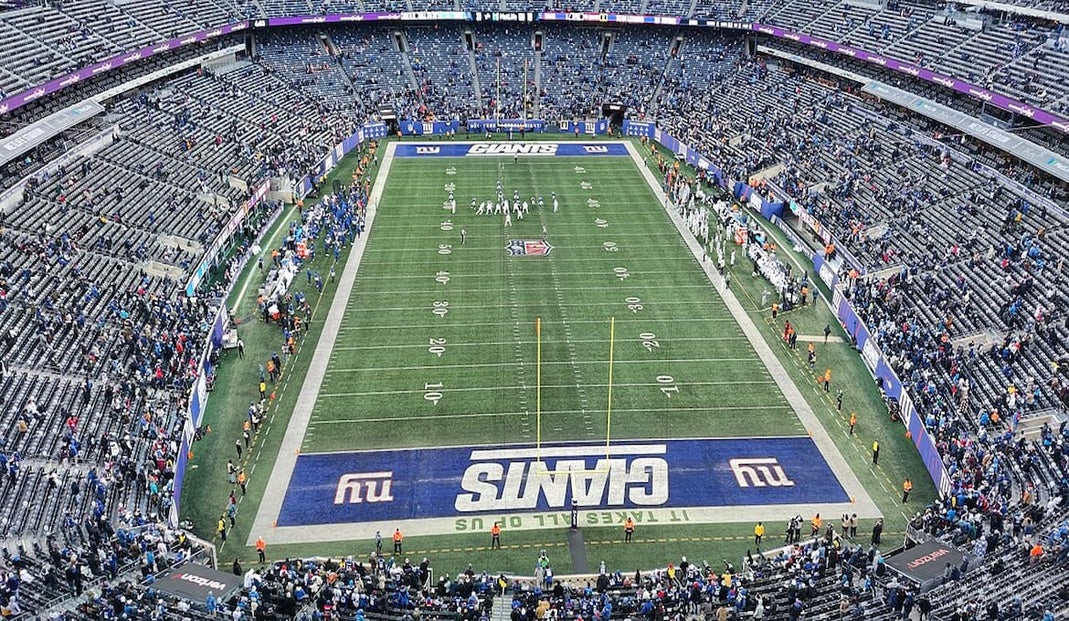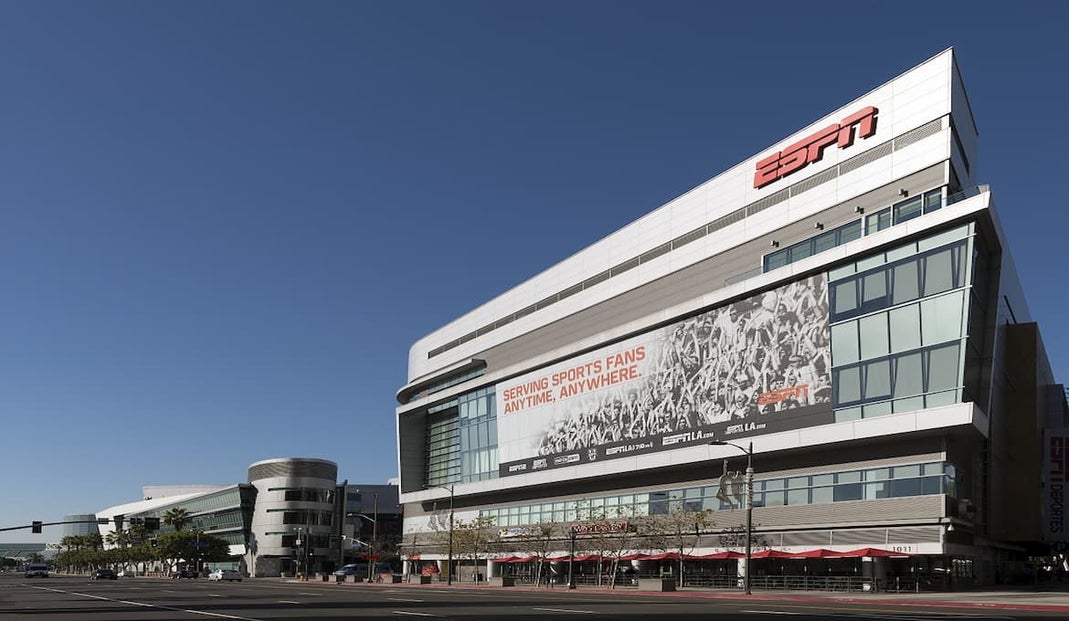The Showdown Over Prediction Markets is Here
Kalshi’s lawsuits will be setting off a battle that has been building between the states, operators, and federal government. The three sides each have their own opinions on the new industry, but this lawsuit could help set a precedent that will put an end to the debate.
The biggest question now is how far these cases will go. While they will start in US District Courts, many expect the ruling to face appeals that could lead to a decision from the US Supreme Court. Given the amount of money at stake, it seems likely that both plaintiffs and Kalshi will look to push this fight as far as they can.
Are Prediction Markets a Form of Gambling?
The fight over sports prediction markets boils down to one question: Do they qualify as gambling?
In both lawsuits, Kalshi argues that their markets should be regulated like any other trading platform. That means they should not be subject to state gambling laws or regulators. Instead, they claim that only the CFTC should have the right to determine the legality of prediction markets.
A new change in leadership has shifted the CFTC’s stance on sports prediction markets. That led the regulator to work closely with Robinhood and Kalshi to launch these March Madness markets. This working relationship suggests the group believes these platforms are legal, but the CFTC may soon be forced to give a clear ruling.
More States Pushing Kalshi Out
The lawsuits against Nevada and New Jersey regulators haven’t stopped other states from sending Robinhood and Kalshi cease-and-desist letters over the March Madness market.
Ohio and Illinois are two of the largest markets to be pushing to end sports prediction markets. Massachusetts has also issued a subpoena to Robinhood over the new market. This shift is a clear sign that states believe these markets qualify as illegal gambling.
The CFTC could end this, but they will feel pressure from the states. If the regulator helps re-launch prediction markets, they could face legal action from many markets, leading to expensive and protracted legal battles.






